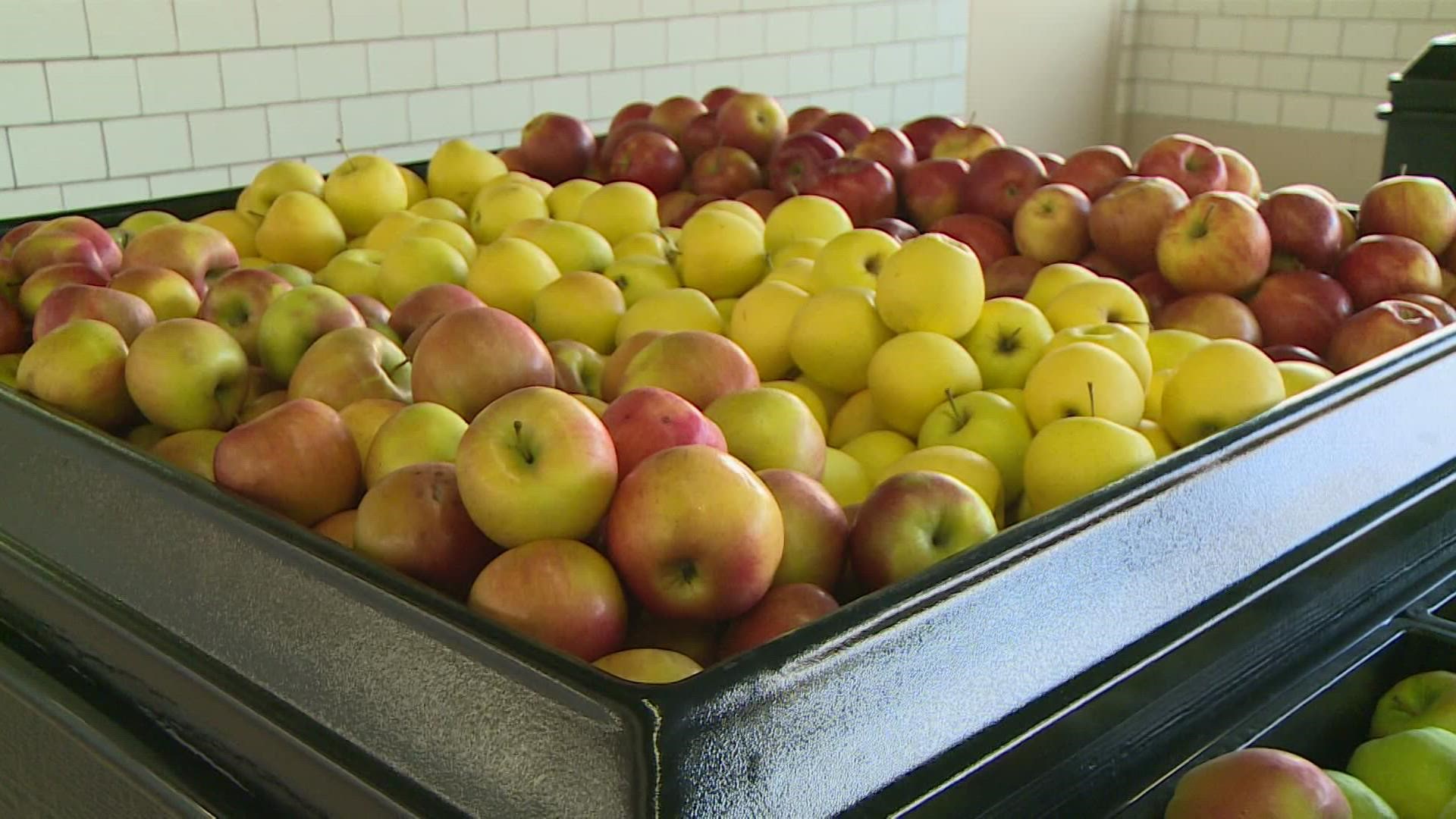GRAND RAPIDS, Mich. — GRBJ — Michigan farmers soon may be able to participate in new educational risk management programs as they navigate the agricultural industry.
The U.S. Department of Agriculture (USDA) is investing up to $2 million in cooperative agreements for risk management education and training programs. The programs and trainings are geared toward historically underserved producers, small-scale farmers and conservation practices.
Underserved producers include limited-resource farmers or ranchers, beginning farmers or ranchers, socially disadvantaged farmers or ranchers and veteran farmers or ranchers who served in the United States Army, Navy, Marine Corps, Air Force or Coast Guard.
Small farmers are those who operate with a gross cash farm income under $250,000. Some of the conservation practices farmers or ranchers participate in include conservation tillage, cover crops and stream restoration.
The USDA’s Risk Management Agency (RMA) will use the funds to invest in organizations such as nonprofits, universities and county cooperative extension offices to develop training and education tools to help producers learn how to effectively manage long-term risks and challenges.
“Agriculture is an inherently risky business, and a strong farm safety net is key to sustaining and ensuring the success of American producers,” said RMA administrator Marcia Bunger. “We’re committed to improving access to crop insurance, and our partnerships with organizations help us reach communities that have historically lacked access to training and resources. We want to make sure all producers know and understand how to manage risk and what options are available to them.”
The risk management training sessions will include information about federal crop insurance options, record keeping, financial management, noninsurance-based risk management tools and natural disaster preparedness.
Some risks in the agricultural industry include production, price or market fluctuation, financial, institutional, and human or personal risks, according to the Economic Research Service for the USDA.
- Production risk derives from the uncertain natural growth processes of crops and livestock. Weather, disease, pests and other factors affect both the quantity and quality of commodities produced.
- Price or market risk refers to uncertainty about the prices producers will receive for commodities or the prices they must pay for inputs. The nature of price risk varies significantly from commodity to commodity.
- Financial risk results when the farm business borrows money and creates an obligation to repay debt. Rising interest rates, the prospect of loans being called by lenders and restricted credit availability also are aspects of financial risk.
- Institutional risk results from uncertainties surrounding government actions. Tax laws, regulations for chemical use, rules for animal waste disposal, and the level of price or income support payments are examples of government decisions that can have a major impact on the farm business.
- Human or personal risk refers to factors such as problems with human health or personal relationships that can affect the farm business. Accidents, illness, death and divorce are examples of personal crises that can threaten a farm business.
Organizations must apply by March 11 at www.rvs.umn.edu/home.aspx. The RMA is prioritizing projects focused on underserved, organic and specialty crop producers.
Agriculture is one of Michigan’s top industries. It contributes more than $104.7 billion annually to the state’s economy, second in diversity only to California, according to the Michigan Department of Agriculture and Rural Development. Some of the leading crops the state produces are asparagus, black and cranberry beans, cucumbers, tart cherries, Niagara grapes and squash.
More information about USDA’s Risk Management Agency is available here.
This story first appeared in the Grand Rapids Business Journal.
►Make it easy to keep up to date with more stories like this. Download the 13 ON YOUR SIDE app now.
Have a news tip? Email news@13onyourside.com, visit our Facebook page or Twitter. Subscribe to our YouTube channel.

